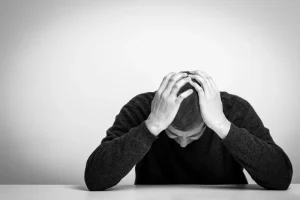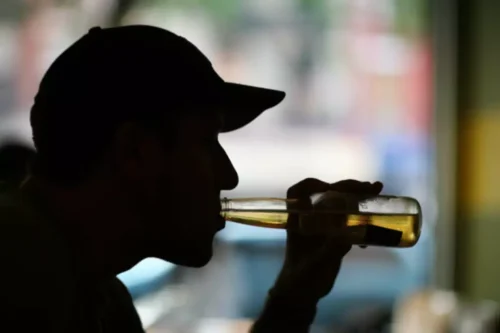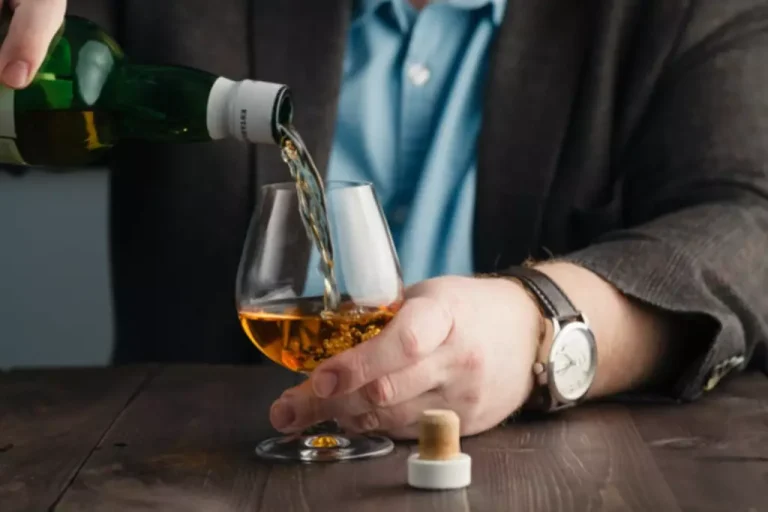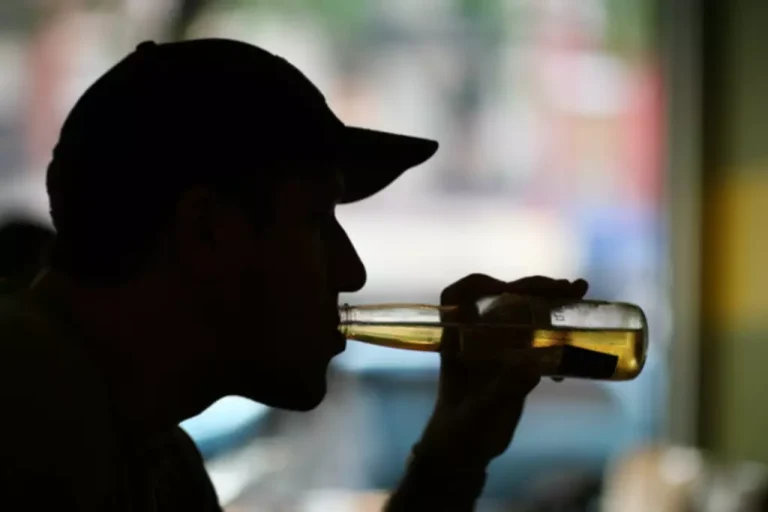
People between the ages of 20 and 29 were the most likely to indicate feeling overwhelmed when drinking. Elements like peer influence, genetics, and even education status can become factors in how a younger person’s body functions after alcohol consumption. Research has found that young adults in college (and living on campus) are generally more likely to engage in heavy drinking behaviors, including binge drinking. It may cause our body to release endorphins (making us feel relaxed and euphoric), but it’s also classified as a depressant. If you’re predisposed to mental health disorders, alcohol can exacerbate the effects of certain conditions – including anxiety and depression. In some cases, excessive alcohol consumption can even lead to suicidal thoughts or tendencies.
I feel different when tipsy – is this normal?
You are sober or mildly intoxicated if you consumed one or fewer alcoholic drinks over the course of an hour. The social context in which alcohol is consumed greatly influences how one feels while drinking. In lively settings like parties or bars, individuals often report feeling more energized and sociable due to external stimuli such as music and interaction. It’s also important to recognize that individual tolerance plays a significant role in determining how one feels when drunk. A person’s body composition, previous drinking experiences, and even mood prior to drinking can all influence their reactions. All of this is to say that if getting drunk sounds like a form of harmless fun, think again.
- The call is free and confidential, and you don’t have to commit to a program to learn more aboutalcohol rehab.
- Even for people who get high one time, too much of the drug introduced to the body too fast can cause a fatal overdose.
- When irritation turns to aggression, it can place family and friends in real danger.
- During this stage, symptoms such as blurred vision, dizziness, loss of coordination, and slurred speech are experienced.
- In some cases, intoxication can worsen while you’re unconscious, especially if you’ve had a large amount of alcohol in a short period.
- And remember, while being drunk and buzzed is slightly different, there is a fine line that can turn a great night into a terrible one.
Does Genetics Play a Role in Drug and Alcohol Addiction?

Seizures may happen or the skin might appear blue or pale as the body is unable to circulate blood. And no matter what “type of drunk” you are, if you find yourself drinking drug addiction treatment frequently and struggling to control your consumption, it may be a sign that it’s time to cut back. Considering that half of all college students report having blacked out at least once, this may not seem like a big deal. However, frequent blackouts can be an early sign of problem drinking or alcohol use disorder.
Other common experiences when tipsy
- While some alcohol is still absorbed from the stomach into the bloodstream, far more is absorbed from the small intestine.
- The liver processes about one standard drink per hour, but this can vary depending on the individual.
- The standard method for determining intoxication for medical or legal purposes is to measure blood alcohol content (BAC).
- Many people separate drinking into levels or “stages” of drunkenness.
The main categories that drugs fall under are stimulants, depressants, opioids, hallucinogens, and cannabinoids. In this article, we take a look at the different types of drugs and what individuals may feel when they use, and abuse, those drugs. Knowing what these drugs are and how they feel can help you better understand addiction.

Whether it’s at a bar with friends or during a quiet evening at home can change how someone feels while drinking. Scaling these risky BAC thresholds is not as difficult as some might think. Because it takes time for alcohol to have an effect on the body, consuming the large amounts required to reach these BAC levels can occur while the person is still reasonably sober. The liver processes about one standard drink per hour, but this can vary depending on https://ecosoberhouse.com/ the individual. Even after you stop drinking, alcohol continues to affect your brain and body until it’s fully metabolized.
Coping Mechanisms: Navigating Alcohol Consumption
Responsible drinking saves not only an individual’s life but also those around them as more and more crimes are tagged with people under the influence of either illegal drugs or alcohol. Drink moderately and stay alive long enough to drink more in the long run. Many of the Americans we polled told us drinking alcohol made them feel happy. However, people we polled between the ages of 20 and 29 were the most likely to experience negative feelings like anxiety, sadness, and a sense of being overwhelmed. More than half of everyone we polled – regardless of age – told us that drinking alcohol also made them feel depressed at one point or another.
Understanding and recognizing the signs of intoxication can be difficult. That is why it is crucial that if you are hosting an event or serving or selling alcohol for a business, you should do so responsibly. It’s important to understand that you may be held legally responsible for illegal service or sales to underage or already intoxicated guests.
- The brain is trained to depend on alcohol for the production of those feel-good endorphins.
- More than half of everyone we polled – regardless of age – told us that drinking alcohol also made them feel depressed at one point or another.
- Women generally process alcohol more slowly than men due to differences in body composition and the enzymes that metabolize alcohol.
- Reactions to alcohol will vary by weight, age, sex, rate of consumption, overall health, amount of alcohol used, and amount of food in the stomach.
- No matter the kind of social gathering you are at or how much fun you are having, you should always keep the amount of alcohol you consume under control.

This web site isn’t responsible for your relationship with other users of the site or services, retail place, health care provider, or any dispensary. Such advice includes without limitation, third party contents, user content and site-created content derived from user content (e.g., stress highlights, characteristics, and other data). The info on services and the website and supplied via the sites social media pages and stations must not be used for the diagnosis or treatment of any medical condition. Always consult with your physician or other qualified healthcare provider if you’ve any questions about a medical condition. The foregoing disclaimers and limits on liability shall not restrict elsewhere in this disclaimer or the general disclaimers and limits on liability in any sections. Once consumed, alcohol must be fully metabolized by the liver over time.

Early Signs: Tipsy and Buzzed

There are several different categories and each drug abused has its own nuances. They can either cause an unnatural increase or decrease in neurotransmitters that the brain begins to rely on. Changes in brain i like being drunk chemistry, structure, and function can be permanent. Dependence on drugs to produce these neurotransmitters can cause symptoms of withdrawal when it is not present. We hope you’ve found our article on the difference between tipsy vs drunk useful.



